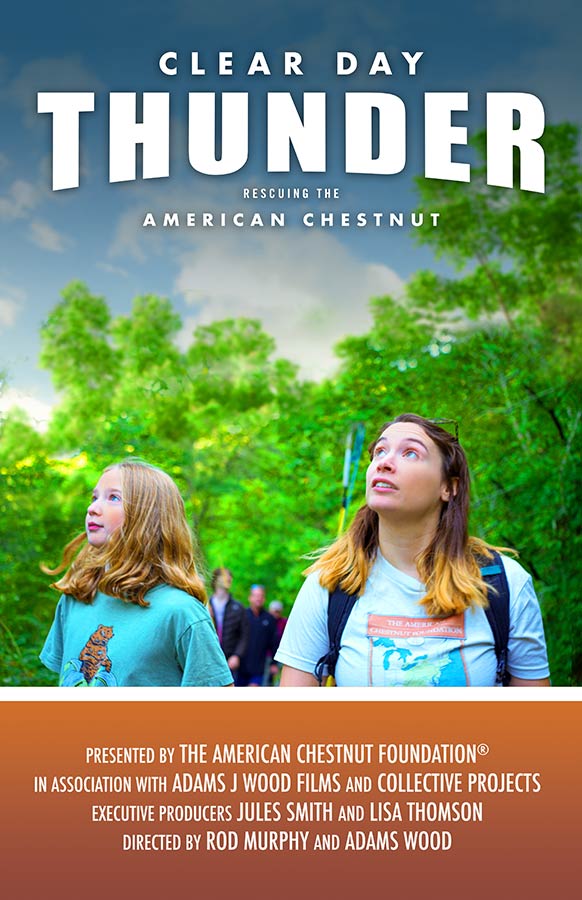
- This event has passed.
Chestnut Chat: Adaptive Silviculture for Climate Change
Adaptive Silviculture for Climate Change: Exploring Options for Sustaining Eastern Forests in an Uncertain Future
Join us on Friday, August 16, 2024, from 11:30AM – 1:00PM (EPT), for the next LIVE Chestnut Chat.

Special guests Tony D’Amato, Pete Clark, and Tim Stout will discuss the role of the American chestnut in forest management strategies that address the impacts of climate change and invasive insects and pathogens on eastern forests.
Tony will provide an overview of the frameworks and approaches under evaluation, Pete will discuss research applications, and Tim will bring it to a landowner scale by examining the strategies being tested and applied on his farm in Shrewsbury, Vermont.
HOW TO PARTICIPATE (via Zoom Webinar)
Pre-registration is required to attend this event. Pre-register here. After registering you will receive a unique URL link to join the event on the day of the chat. You can also add the event to your calendar from the webinar registration approval page. The meeting will open 15 minutes prior to the start time to allow an audio and video test.

Tony D’Amato is a Professor of Silviculture and Applied Forest Ecology and Director of the Forestry Program at the University of Vermont. He received his B.S. in Forest Ecosystem Science from the University of Maine, M.S. in Forest Science from Oregon State University, and PhD in Forest Resources from the University of Massachusetts. He was a faculty member for seven years at the University of Minnesota and a Bullard Fellow at Harvard University’s Harvard Forest prior to joining the University of Vermont in January 2015.

Pete Clark is an applied forest ecologist interested in evaluating forest regeneration, developmental dynamics, and plant physiological responses to global change. His research focuses on forest adaptation, assisted migration and regeneration ecology, and ecological and adaptive silvicultural strategies. He holds a PhD in forestry from the University of Vermont and a MA in geography from West Virginia University.

Tim Stout is an active landowner in Shrewsbury, Vermont. For the last forty-seven years, Tim and his family have managed a 175-acre farm called Jockey Hill Farm where they have undertaken numerous land stewardship strategies for forest health, biodiversity, and watershed management among other objectives. Over the past six years, these strategies have been expanded to include planting climate-resilient trees such as hybrid American chestnuts, enhancing forest carbon sequestering and storage, and implementing an extensive invasive plant eradication plan. Tim gives frequent field trips and presentations on his stewardship experience through his organization Northam Forest Carbon.
Prior to devoting himself to promoting climate change adaptation and mitigation, Tim spent 35 years in national energy policy, specifically in energy efficiency and renewable energy. Tim lives with his wife in Burlington on the shores of Lake Champlain.


